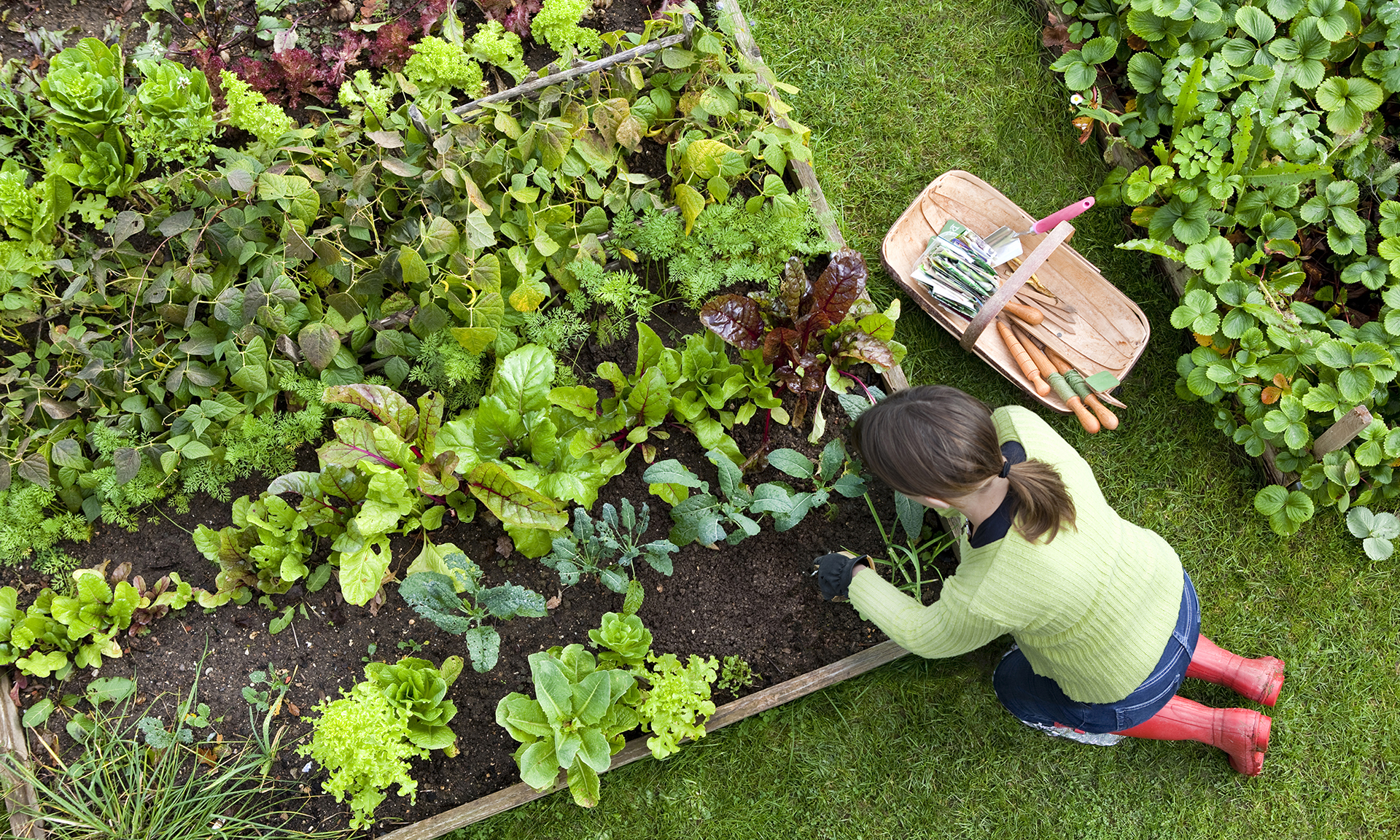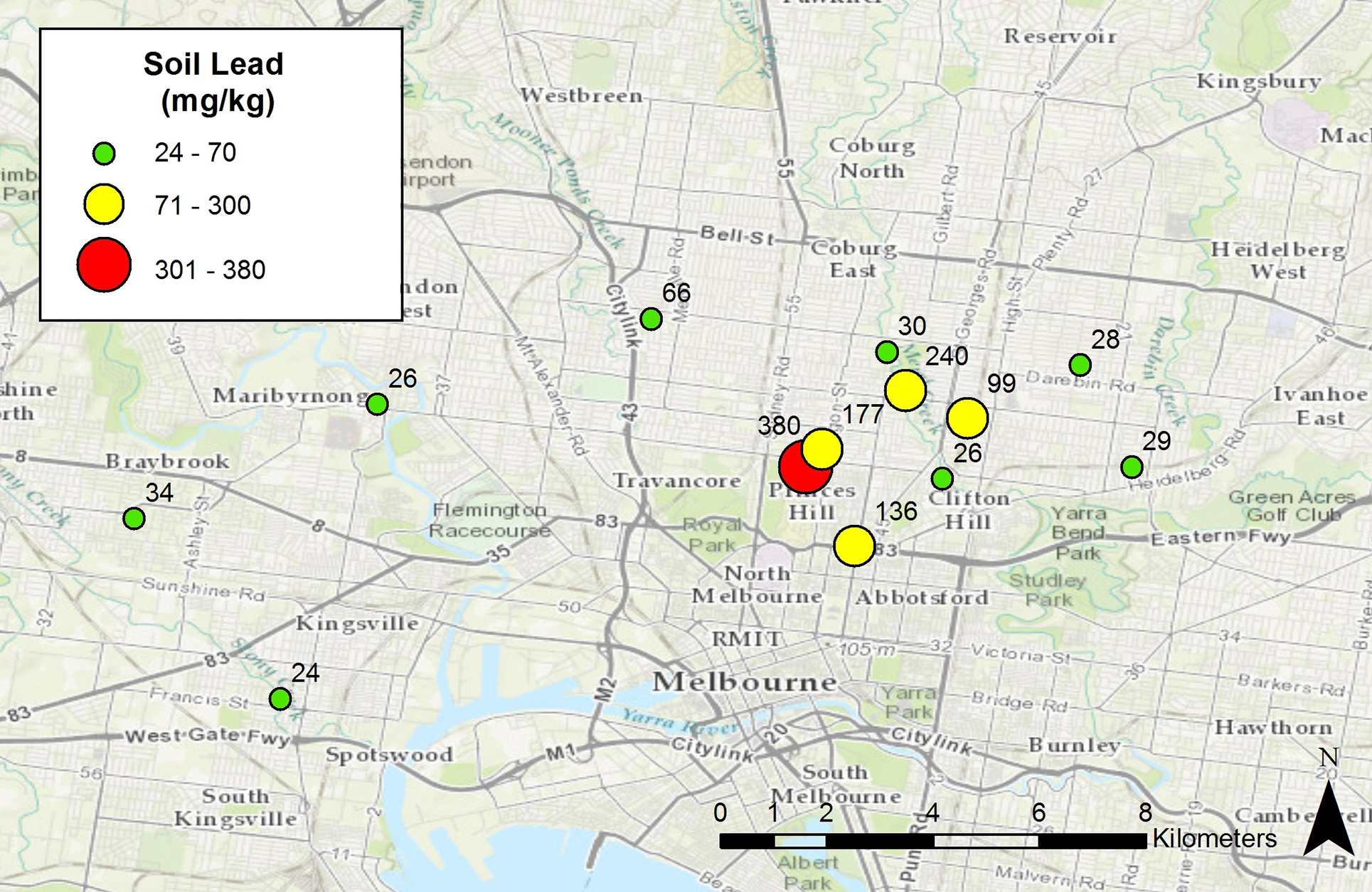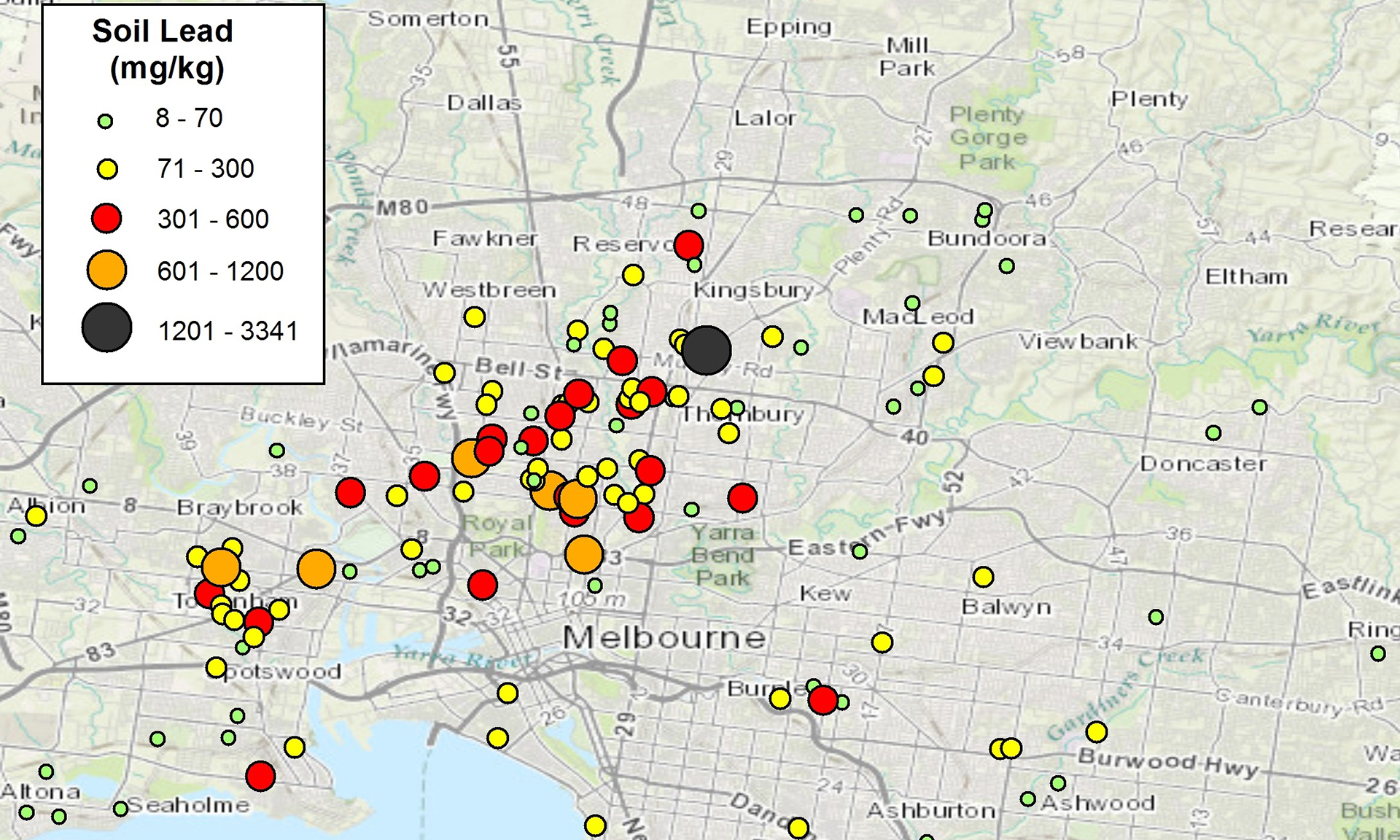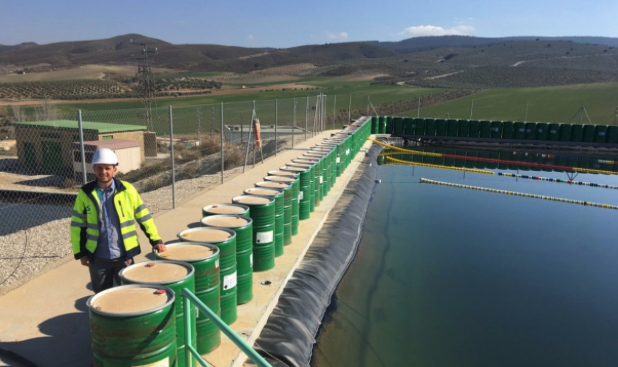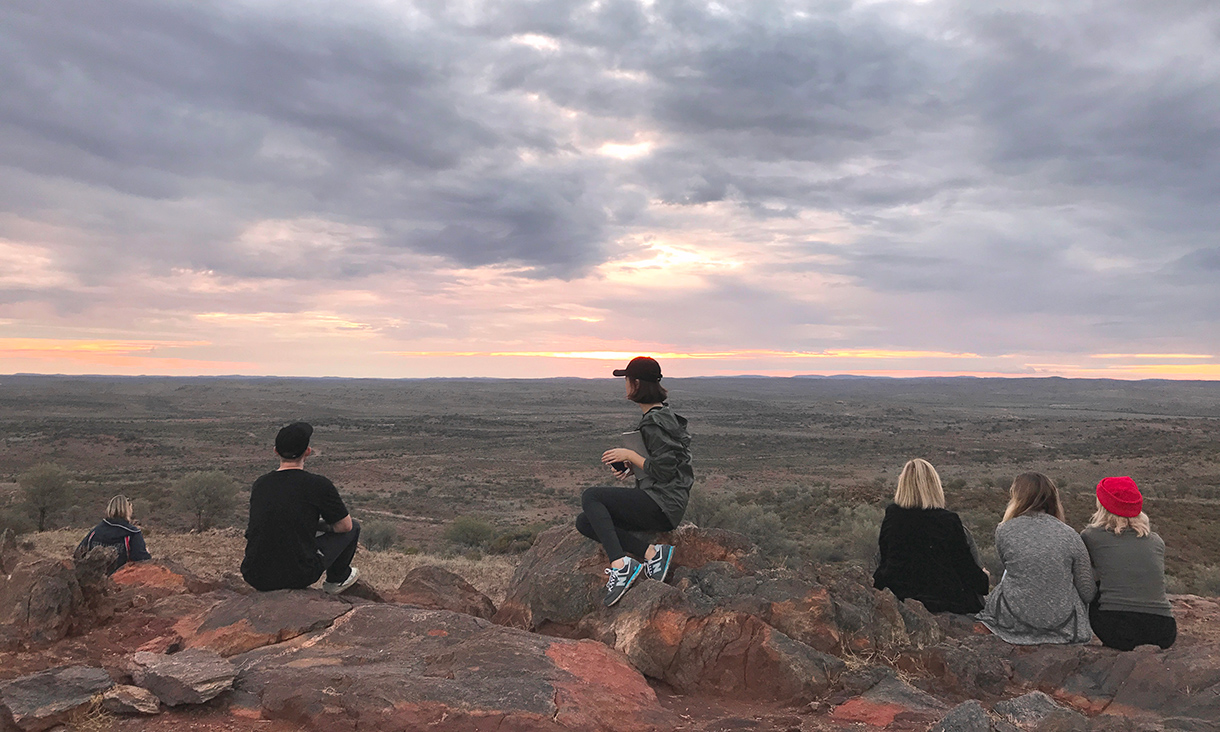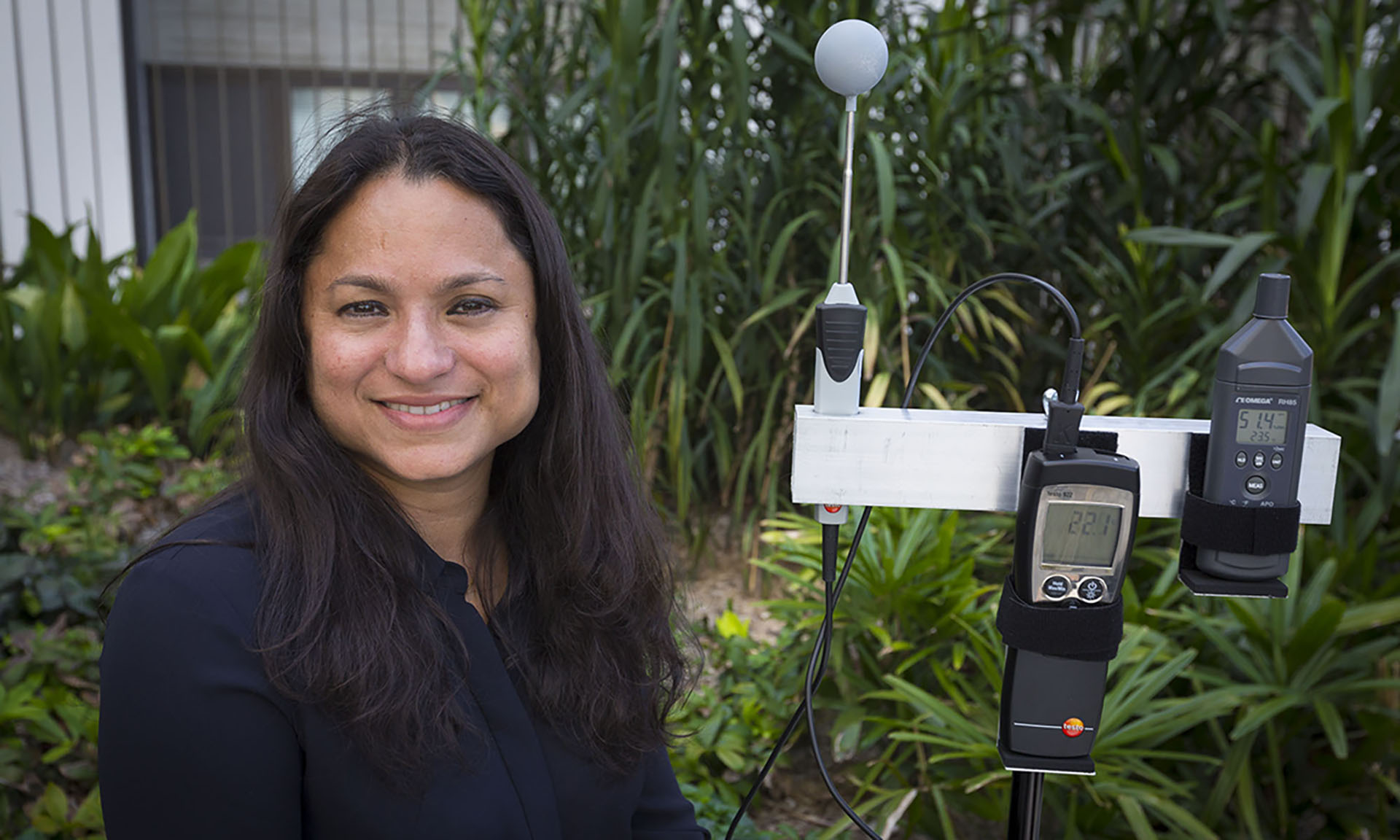RMIT student awarded European internship with industry leader
An RMIT engineering student has spent two months in the south of Spain working on an innovative solar energy project for one of the country's largest chemical groups.
Landscape Architecture students engage with remote regional community
RMIT students have worked with the Wilcannia community and the Barkandji people in the development of a new cultural centre in regional New South Wales.
New partnership in health innovation connects Australia and Spain
Innovative therapy to assist with brain injury rehabilitation is extending to Spain as part of a new agreement between RMIT and one of the country’s largest teaching hospitals.
Citizen scientists take heatwaves into their own hands
RMIT researchers are working with citizen scientists in Melbourne to collect local climate data that will enable communities to plan for extreme heat.

